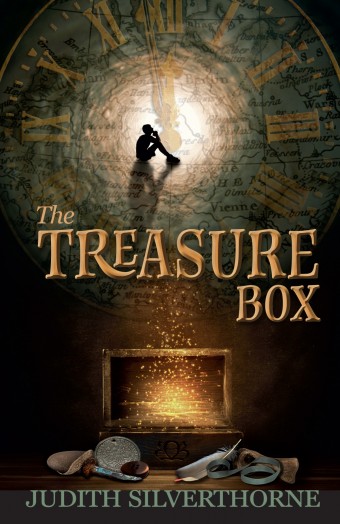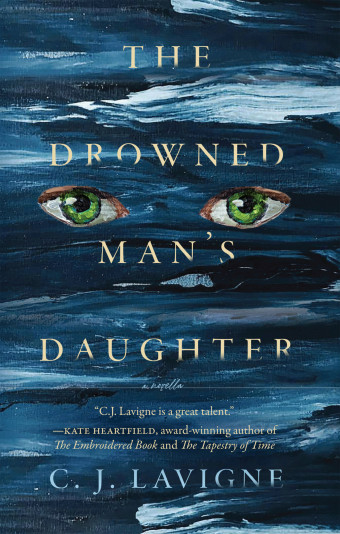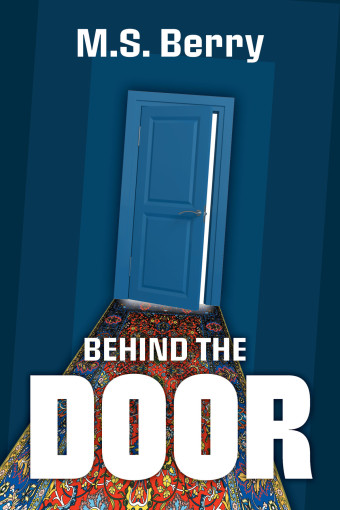Prolific Saskatchewan author Judith Silverthorne’s latest book for middle years readers is The Treasure Box, a time-travel adventure set in Regina. Augustus (please call him Gus) is in Grade 5 and has very recently moved there from Calgary with his mom and his sister, Hannah. They will live, at least for now, with his widowed grandfather.

- The Treasure Box
- Judith Silverthorne
- Your Nickel’s Worth Publishing
- $19.95 , 192 pages
- ISBN: 978-1-988783-88-8
Silverthorne set out to explore her mother’s Germanic family history, but she also wanted to ground her book in contemporary times, and work through the experiences of children today, especially ones who are uprooted and trying to find their place in the world.
“I wanted to do a different kind of time-shift book that was ancestral, skipping a few generations maybe, but [that] had a strong connection to the present,” she says.
“I also wanted to make it a little more complex, incorporating what’s happening in the world in current times, as well as have a strong subplot about prejudicial attitudes and bullying against those trying to fit into a world that is different from the one they left behind.”
Gus is dealing with the move away from his friends in Calgary, bullies at his new school, and a grandfather who is transitioning to a seniors’ home.
Then his teacher assigns what looks to be an almost impossible task – to research and write a family history. Research possibilities seem slim. His grandmother died before he was born and “he’d never get anything from his loser dad” or from anyone else on that side of his family.
However, Grandad is more than willing to help. He gives Gus access to a desk full of papers in the attic, where, among military records and birth certificates, Gus finds a carved wooden box that somehow transports him to the past where he experiences episodes of his ancestral history.

The Treasure Box covers a period beginning in 1783 in Silverthorne’s own family history – a time of persecution and flight from Germany to Austria to Russia and finally to North America in the 1880s. Both Gus’s and Silverthorne’s ancestors in Europe migrated due to conflicts between political powers over land and religious leanings.
“With it came heartache, poverty, religious persecution, ethnic stigmas, cultural oppression, and devastating change and hardship, brought on by wars, famine, floods, typhus, cholera, smallpox, blights, and crop failures due to extreme weather conditions,” she says.
Many people in today’s world face similar challenges, as shown in the novel by young Yussuf, who had to leave Syria with his family due to civil war. In his friendship with Yussuf, and his sensitivity toward his grandfather, Gus proves to be a very empathetic and responsible young person.
The relatable characters and vivid action combined with historical and contemporary social issues make The Treasure Box appealing to young readers and to their educators, and Silverthorne has long been a favourite among these audiences.
She says, “I’ve been fortunate in my career as a writer in having some of my books used in the school systems or fit in a niche that seems to garner attention, and I’m grateful for the readerships that buy my books.”













